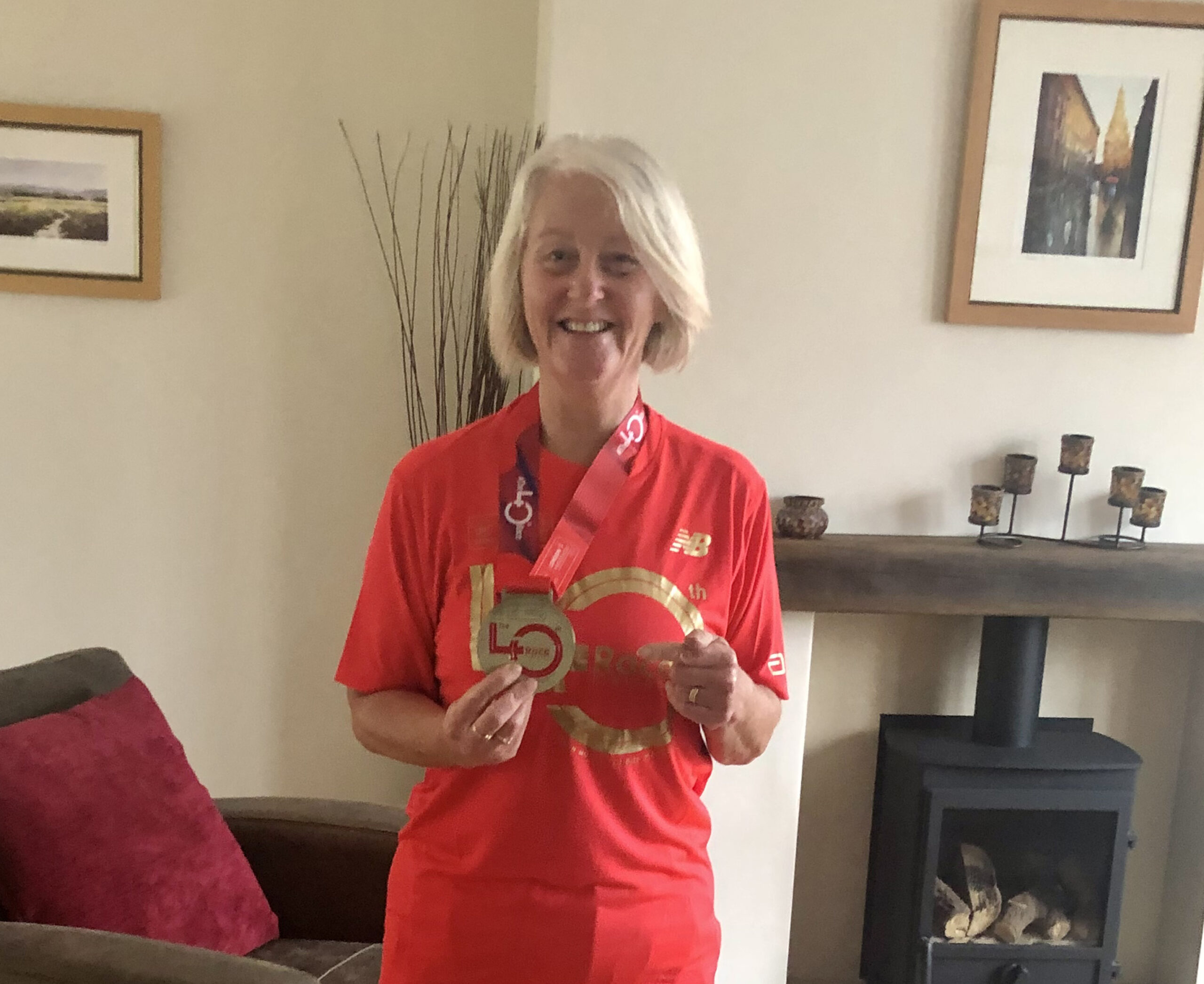
Exercise
There are many different ways to incorporate exercise in your life. Explore the benefits to an active lifestyle and how it can make a huge difference to happiness and wellbeing.

Explore how to easily incorporate exercise and healthy eating into your daily routine, and the benefits of doing so.
Staying on-top of your physical health is imperative. On these pages you will find simple ways to create an easy exercise routine and gain healthier eating habits. Take a look at the fact sheets below for more information.

There are many different ways to incorporate exercise in your life. Explore the benefits to an active lifestyle and how it can make a huge difference to happiness and wellbeing.

Healthy eating is one of the factors that contribute to our wellbeing, but what constitutes a healthy diet? On this page you'll find lots of information and guidance to support you with nutrition and eating healthier in general.

Sleep is essential to the maintenance of physical and psychological health. Look at how you might be able to improve your quality and quantity of sleep.

This page looks at how to manage a mental or physical disability as a pharmacy student, trainee or pharmacist.

Hear from Ramneet Gill, a fellow pharmacist, who shares her experiences of overcoming anorexia nervosa and advice for others in a similar situation.

Read Anne Cawdron, a former pharmacist and Pharmacist Support volunteer, detail how exercise benefits her mental health and wellbeing, and her experience of running the London Marathon.
I have learned to appreciate I need to feel my best person to deliver my best work to the pharmacy service.Wellbeing service user